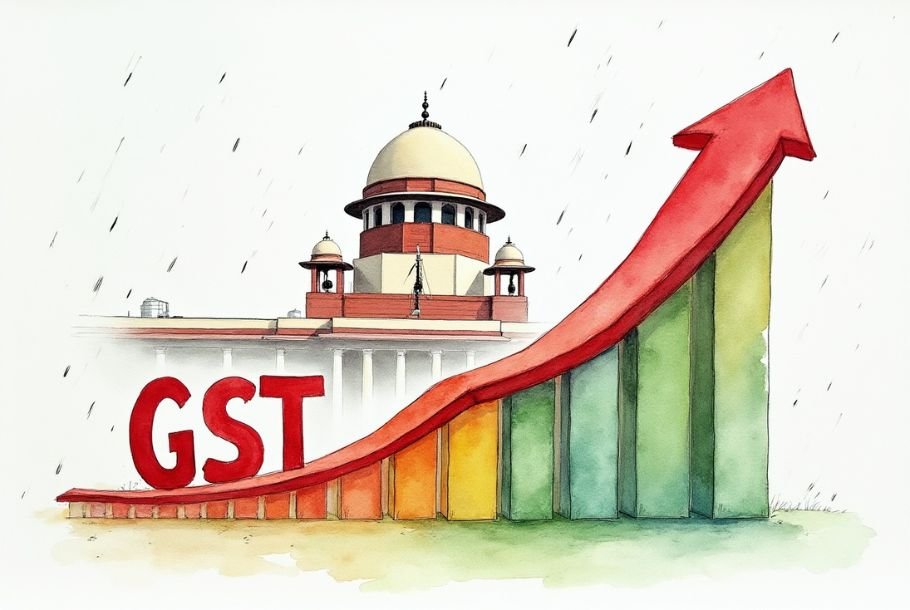
When governments reform taxes, the most visible debates usually revolve around consumption and fiscal spending. What often goes unnoticed is how tax changes ripple into the way corporations invest in society. A rich stream of international research shows that when firms receive windfalls from tax reductions, many do not merely increase dividends or capital expenditure—they also raise their corporate social responsibility (CSR) commitments.
What research tells us about tax cuts and CSR
Scholarly work across multiple countries demonstrates that tax cuts tend to be followed by improvements in CSR performance. A recent study by Chang, Jin, Yang, and Zhang (2025) used natural experiments in corporate income tax reforms and found that tax reductions led to substantial CSR gains, especially in firms with good governance and strong stakeholder pressure. Interestingly, their results highlight two nuances often overlooked in the policy debate. First, the composition of CSR spending shifts: firms lean more toward high-visibility activities such as community development, healthcare, and employee welfare, projects that external stakeholders can easily monitor while lower-profile sustainability initiatives often receive less incremental funding. Second, the effect is strongest in companies with financial constraints, where tax relief eases the survival-versus-social-investment trade-off. In essence, tax cuts not only raise the overall CSR envelope but also re-balance priorities towards projects that are reputation-wise and politically responsive.
Case evidence strengthens this point. Following the U.S. Tax Cuts and Jobs Act of 2017, Boeing pledged $300 million towards employee training, workforce development, and charitable giving. Wells Fargo earmarked $400 million in additional donations to community organisations. Similarly, during the UK’s pandemic-era business rates holiday, several supermarkets including Tesco and Morrisons voluntarily returned hundreds of millions of pounds in relief, citing the social responsibility to redirect windfall gains. These episodes show that when firms are flush with unexpected financial space, a part of it can, and often does, flow towards society.

India’s CSR landscape: mandatory, yet evolving
India is unique in that CSR spending is not merely discretionary but mandated. Since 2014, large companies must spend at least 2% of their average net profits on CSR activities. Empirical evaluations from India show that after this mandate, corporate CSR outlays increased sharply—one estimate suggests nearly a 2.5-fold rise compared to the pre-mandate period. Similarly, after the 2019 corporate tax rate cut, several profitable firms reported increased community investments, though these were often folded into the broader CSR envelope rather than announced as tax-windfall initiatives.
The new GST reforms, reducing the structure to two rates of 5% and 18%, imposing a 40% de-merit rate on sin and luxury goods, and exempting life and health insurance, represent another such windfall moment. For many corporations, simplification will free up compliance costs and working capital. For insurers, the exemption directly lowers premium prices, opening new markets in underserved communities. These changes indirectly expand profit pools, which, under the Companies Act, will increase the quantum of mandatory CSR. But more importantly, they offer an opportunity to recast CSR not just as compliance, but as conscience.
Why GST 2.0 can be a turning point
A demand stimulus from lower GST on key consumption categories can expand profit margins. This creates a virtuous cycle where mandated CSR budgets automatically rise with higher profits. The real test will be whether boards treat this as a mechanical pass-through or seize the opportunity to deepen impact. In this landscape, CSR spending can be directed towards areas where tax-driven efficiencies and social needs intersect most sharply.
Health security is an obvious priority: with GST removed from insurance premiums, corporates can underwrite coverage for unorganised workers and their families while pairing this with preventive health initiatives. Education and skilling are equally ripe, especially through outcome-based models that pay for measurable results like job placement or learning gains, initiatives that are both stakeholder-visible and socially critical, echoing Zhang’s evidence that firms channel windfalls into projects that resonate with community oversight. The climate and energy transition also beckons, as simplified GST rates reduce uncertainty around green investments, enabling firms to blend CSR with capex in electrified logistics and low-carbon manufacturing. Public safety and urban infrastructure from driver training to safer transport nodes, offer another avenue where corporate funds can create visible impact. Finally, MSME enablement is critical: smaller suppliers often struggle with tax compliance, and CSR can underwrite digital tools and training that ensure inclusivity in the new GST regime, a way of empowering financially constrained partners just as tax cuts empower constrained firms themselves.
Conclusion: from ledger to lived outcomes
The evidence is clear: tax reductions often nudge corporations to invest more in society, particularly when governance is strong and stakeholder pressure is high. India’s mandatory CSR regime ensures that windfalls will automatically expand the spending envelope. But what GST 2.0 uniquely offers is the chance to shift the narrative from seeing CSR as a percentage to be complied with, to treating it as a conscience-driven opportunity.
The author of the article is a Senior Associate Professor in the area of Finance & Accounting, and the Director of Accreditation at Great Lakes Institute of Management, Chennai.



















